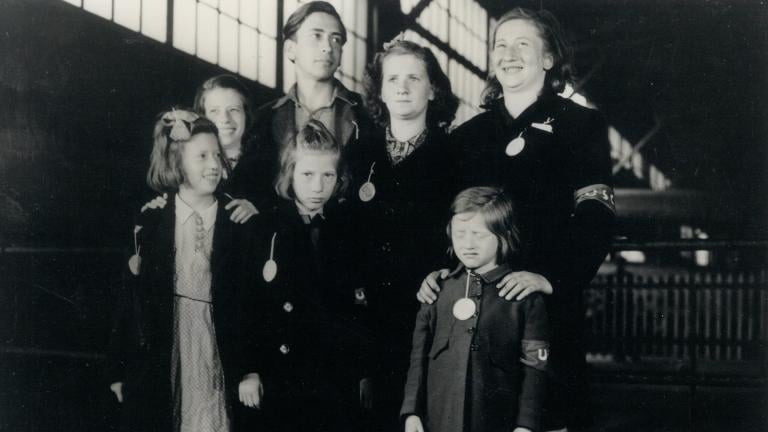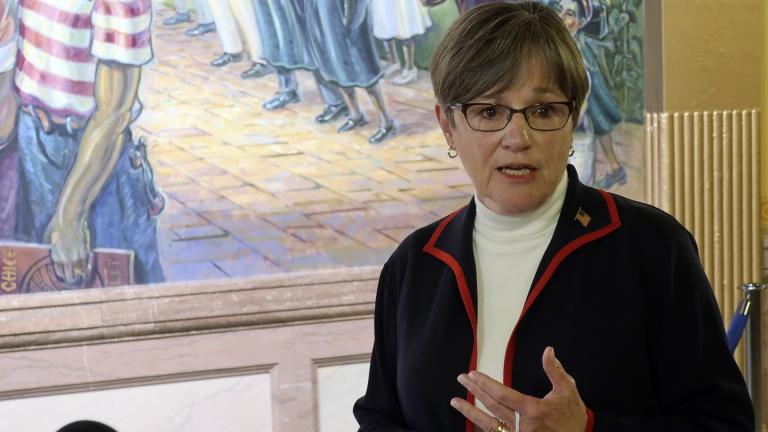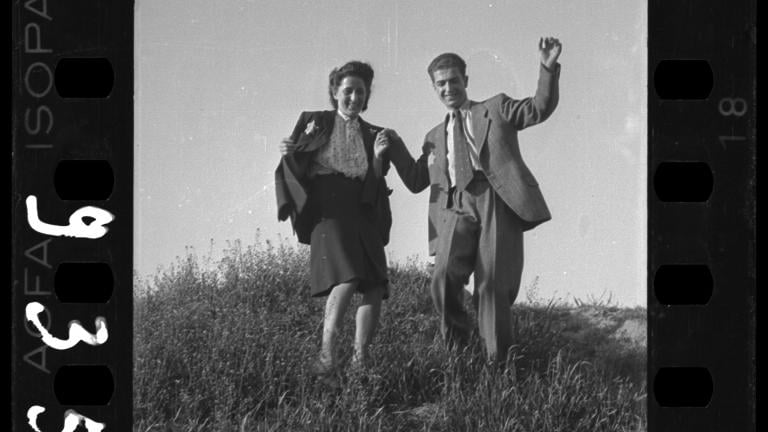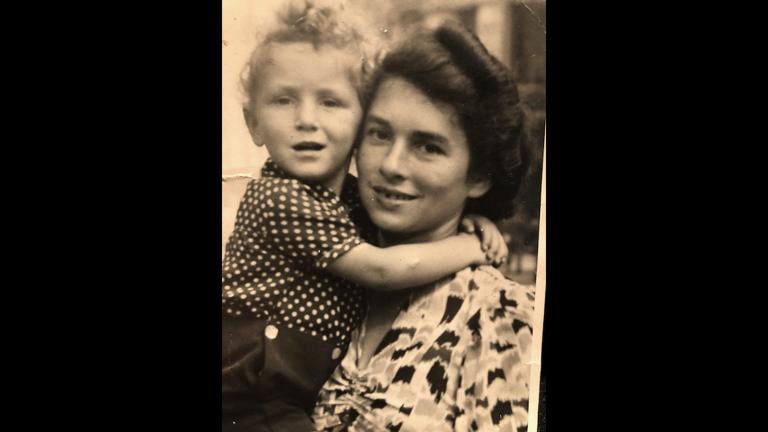The new PBS documentary “The U.S. and the Holocaust” explores the difficult question of how the United States grappled with the rise of Nazism in Germany and the genocide of six million Jews.
History lessons may recall that the U.S. helped liberate Nazi concentration camps after defeating Germany in World War II, but the entire story is far more complicated.
To begin, the Nuremberg laws which formalized antisemitic law in Germany were heavily influenced by the Jim Crow laws in the south.
“Grappling with American’s response to the Holocaust helps us better understand American history … So much of our response to Nazism is a debate about who we are as Americans,” said Daniel Greene, president of the Newberry Library in Chicago.
Despite the U.S. accepting about 220,000 refugees from Europe, historians view the U.S. response to the Holocaust as a failure. The initial political response at the start of the Nazi takeover was not to accept Jewish immigrants.
It was only until the world saw the horrors of what occurred at concentration camps that the U.S. decided to act, said Peter Hayes, professor emeritus of History and Holocaust Studies at Northwestern University.
“The story is a mirror held up to us about our attitudes towards ourselves, what country we want to be, and what kind of role we play in the world,” said Hayes.
For more information about the series and to watch full episodes, click here.








